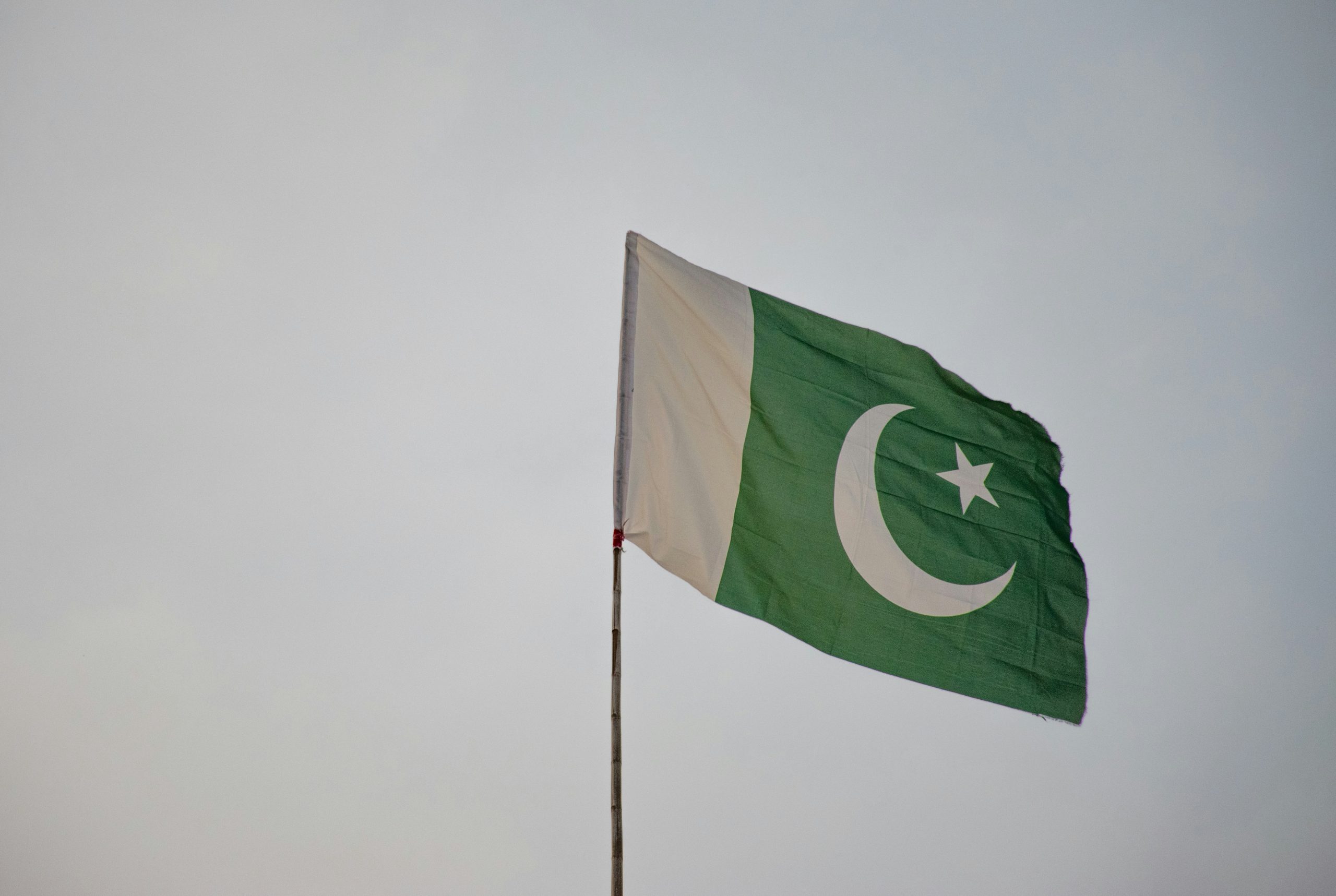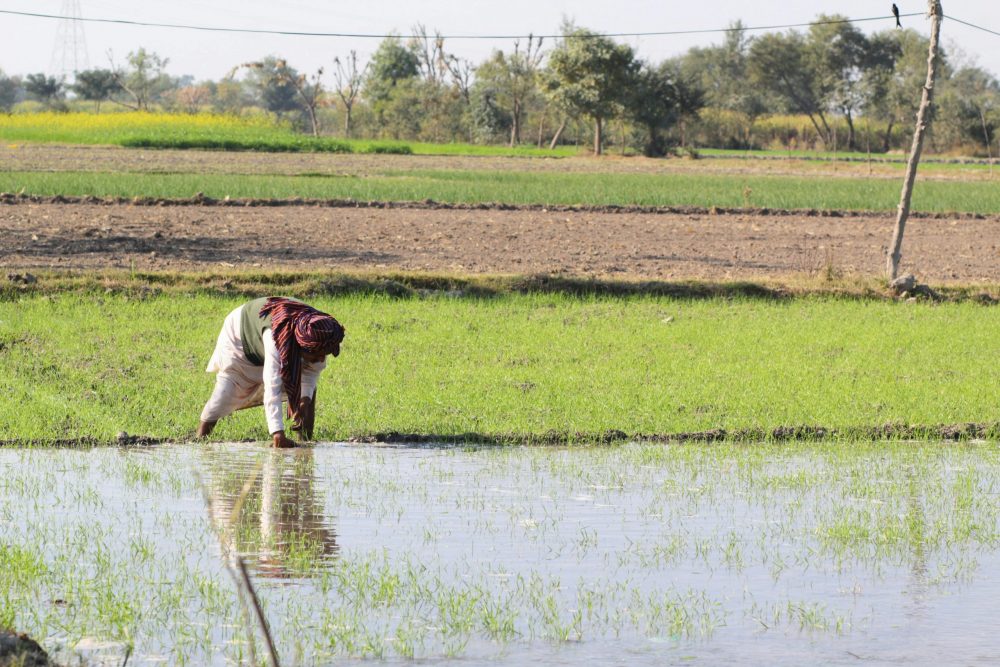Pakistan is not a wealthy country, but more than 1% of its Gross Domestic Product (GDP) is allocated for philanthropic purposes, which is surprisingly close to trends in developed countries. While the country’s philanthropic gains have not been particularly sustainable, according to the Stanford Social Innovation Review, almost 98% of citizens in Pakistan are generating some form of private social capital. In part, this has contributed to Pakistanis being ranked as the happiest nation in the region, even compared to some of its more prosperous neighbors. Happiness, it seems, stems from generosity of spirit and social support among other indicators, as identified by the UN Sustainable Development Solutions Network’s annual survey. According to the Centre for Asian Philanthropy and Society’s (CAPs) Doing Good Index, it is not the level of economic development that fosters an environment of philanthropic giving, but the specific policies that incentivize people to donate their money and time for humanitarian purposes.
This index identifies the outcomes of philanthropic progress in Pakistan and other Asian economies. Pakistan’s current status in philanthropic advancement has been derived from the index as explained subsequently.
Why haven’t there been sustainable gains from all that philanthropic giving in Pakistan?
Asian societies are guided by their cultural norms to do good for others, regardless of existing government incentives or regulations. However, government oversight of charitable transactions could ensure that private social investment is redirected to official channels of social delivery, rather than to individuals alone, thereby generating predictable and higher returns to society. On the other hand, philanthropists struggle to overcome their trust deficit in the social sector because it is perceived to be largely unregulated. Once trust in these organisations is formed, the government, Social Delivery Organisations (SDOs), donors and the public, can synergize for inclusively shaping social policy. In particular, governments can collaborate with SDOs through grants and service contracts to deliver specific social services.
Why don’t philanthropists trust fund-raising organisations?
When the government does not levy strict measures for misappropriation of donor funds and formulate easy-to-follow rules for charitable organisations, mechanisms of how the social sector functions remain murky, not only to SDO administration, but also the general public. This creates and perpetuates mistrust. A lack of belief in the government’s capacity to ensure effective regulation, transparency, and accountability of SDOs also damages donor confidence. For example, the procedure for registering an SDO should be simple and quick. In Pakistan, the procedure of registering an SDO takes about 6 months, thereby discouraging new entrants.
The social sector continues to rely on both domestic and foreign donations as critical sources of revenue. Pakistan significantly relies on foreign donors. According to Dr. Faisal Sultan, CEO of Shaukat Khanum Memorial Hospital, the world’s first and largest nonprofit cancer hospital and research center, the UK, US and Gulf countries are the biggest contributors to fund raising at Shaukat Khanum. For this purpose, Pakistan requires registered nonprofits to seek special permissions for receipt of foreign funds.
The government of Pakistan places a monetary limit on sending donations abroad to prevent illegitimate usage of funds. However, in a recent visit to Pakistan by the Financial Action Task Force’s (FATF) Asia Pacific Group (APG) accused Pakistan of having a weak legal framework around non-profit-making and charitable organisations. They contended that there are groups in Pakistan which are masquerading as non-profit charity organisations, but have been termed as terrorist outfits by the United Nations.
Though foreign grant making is seen as suspicious by many governments, it should not be stopped. Through imposing additional permissions on philanthropists for funding global causes, it can avert the risk of terrorist financing and money laundering. Additionally, legal reporting requirements should be clearly articulated, while demarcating circumstances that would make SDO board members liable to criminal prosecution.
How fiscal incentives intensify philanthropic efforts in society
Monitoring and regulating the activity of the social sector is crucial for preserving the integrity of social service delivery, but fiscal and tax incentives go a step further by propelling philanthropy in society.
Fiscal incentives are given to both donors and recipients of philanthropic funds – the SDOs. Public-sector support to donors in the form of tax deductions allow donors to retain more of their disposable income. This creates the right conditions for greater individual and corporate level philanthropy in society. Pakistan offers individual tax deduction rates in the range of 15–50%, and corporate rates of 10–50%, which could ideally be higher. Some countries place limits on the share of income that is eligible for tax deductions, but Pakistan has even gone so far as to allow 100% of individual income to be tax deductible.
Further reinforcing elements for cementing a sustained philanthropic inclination in Pakistan
The cultural impetus to give, combined with an incentivizing regulatory and fiscal framework, is the cornerstone for bolstering philanthropic giving in society. However, there is an added element of recognizing and rewarding worthy contributions of individuals and corporations towards societal improvement.
Further, the availability and nurturing of human infrastructure comprising talented and skilled contributors to the social sector is key for the proliferation of SDOs. In Pakistan, the experience of recruiting general and skilled staff has been relatively positive, as compared to many other Asian countries.
Finally, the government will be ineffective in the creation of an enabling philanthropic environment if SDOs do not possess professional board members. It would be useful if SDOs can directly collaborate with private corporations for learning to use business tools for financial forecasting, setting targets and evaluating them accurately.
Sharmin Arif is the Communications Associate at the Consortium for Development Policy Research.





